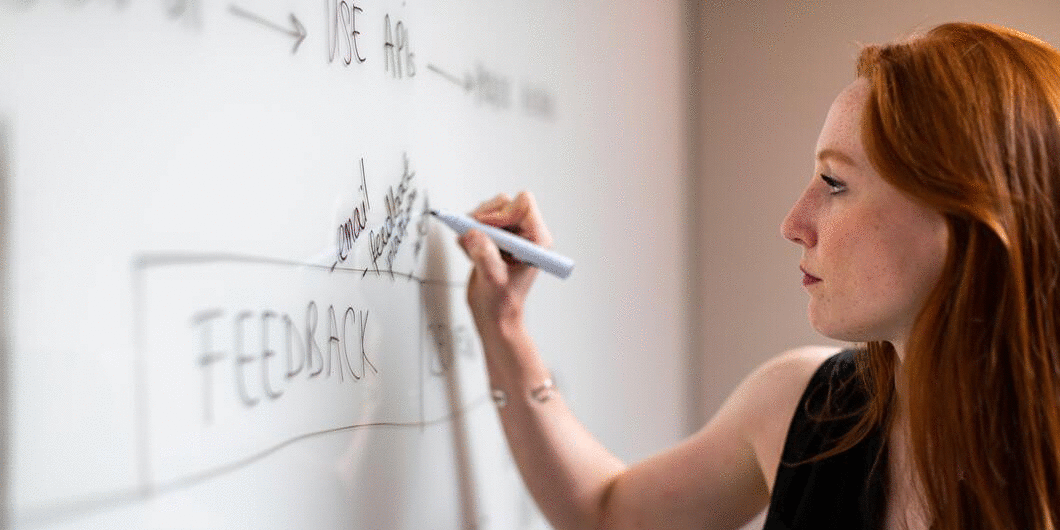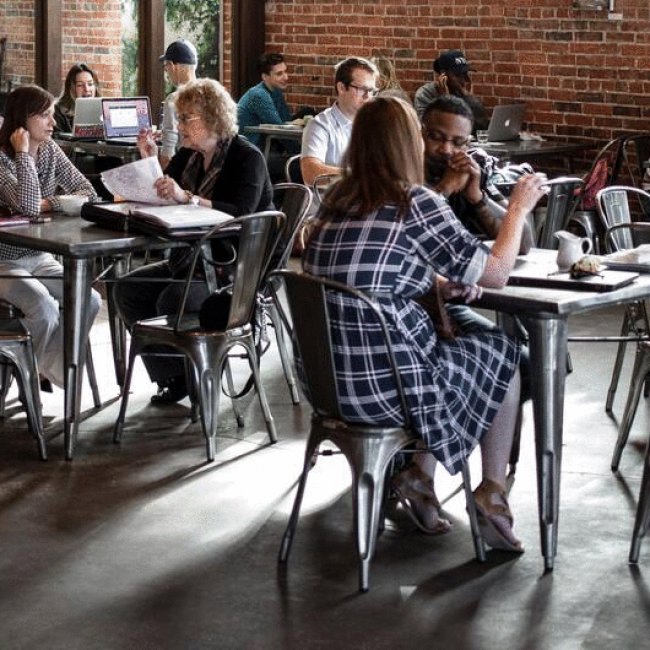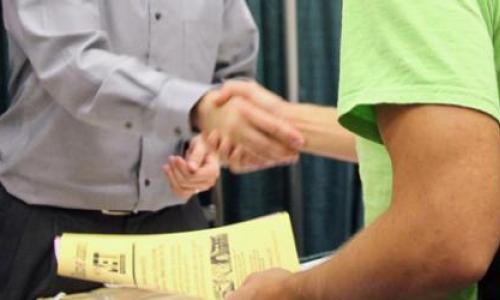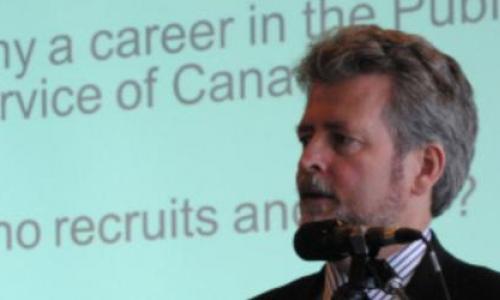
Purpose
Whiteboard interviews are meant to test your technical, communication and problem-solving skills. A whiteboard interview is commonly conducted in front of a panel of interviewers, composed of members of various teams within the company. This interview will involve solving technical questions on a whiteboard, a piece of paper or a computer. The interviewer(s) will ask you to work through your solution while they ask you questions. Equipped only with the simple tools of your knowledge and a whiteboard or unfamiliar IDE (Integrated Development Environment), the interviewer would like to see how you handle a problem in an unfamiliar and high-pressure setting.
The Good
- If you were having trouble demonstrating your skills by recounting your experiences in the typical interview question section, a whiteboard interview gives you another opportunity to show your knowledge first-hand.
- Even if your solution is not entirely correct, your approach can set you apart from other candidates.
- Unless specified, interviewers are flexible to what language you write your solution in. However, if your preferred language is different from the language specified, it is important to use it correctly.
The Bad
- Standing in front of a panel of interviewers can be stressful and nerve-wracking, enabling you from demonstrating your best abilities.
- The disadvantage of using an unfamiliar IDE or language in comparison to those who use it every day.
The Helpful
- Talk through your thought process out loud with the interviewer. It is instinctual to turn to the whiteboard and jump into your solution but try to articulate your thought process beginning from how you understand the problem.
- For example, begin by restating the question and confirm your understanding of the problem. At this point, to demonstrate you are understanding correctly, you can ask for what inputs you will be expecting, any edges cases and test cases, and the output you want. The interviewer is most likely expecting questions relating to this, if not, you earn bonus points for asking!
- Start with writing your solution in pseudo-code, especially if the problem is in a language you don’t know! Firstly, it is always a good first step to write problems in pseudo code first. By starting with pseudo, your algorithm will be more readable without the mistakes of syntax you may not know. After this point, you can ask the interviewer for feedback or clarification, which they most likely will give you!
- Take a second to think and breathe. It is important to keep the interviewer engaged and persevere until the end. You can do it!
- The best way to prepare for the daunting task of explaining your solution in front of a panel is to practice doing so! Choose a practice problem, get a piece of paper and write out an algorithm. Then, translate it into a function in a specific coding language. Without fixing any mistakes, copy your code into an IDE and compile/run it. In this way, you can learn from your mistakes!
- Review the basics that various tools in IDE most likely autocomplete for you. For example, what is the structure of a functional definition in a certain language? You won’t have the tools you normally have so you will need to make educated guesses. Knowing good code structure, data structure and algorithms will help.
- You should be in contact with a human-resource or a hiring recruiter before the interview. This is an opportunity to ask if there will be a technical portion of the interview and/or what concepts to anticipate.
Potential Questions/Tasks
-
Writing a function or an algorithm in a specific language.
-
Expect to use and to debug code on an IDE.
-
Language specific
-
Python
-
Java
-
C++
-
-
Popular topics
-
Strings:
-
Write a code to check if a string is a palindrome or not?
-
Print all permutations of a string iteratively and recursively.
-
How to count the occurrence of a given character in a string?
-
-
Arrays:
-
If an array stores the numbers 1-100, how do you find if one number is missing?
-
If an array stores the duplicates of numbers 1-100, how do you find them?
-
-
Linked list:
-
How do you find a middle element of a linked list in a single pass?
-
How do you reverse a singly linked list?
-
-
Binary Tree
-
How do you find the depth of a binary tree?
-
How is the binary search tree implemented?
-
-
Searching and Sorting
-
Write a program to sort numbers in place using quicksort/bubble sort/insertion sort.
-
-

















